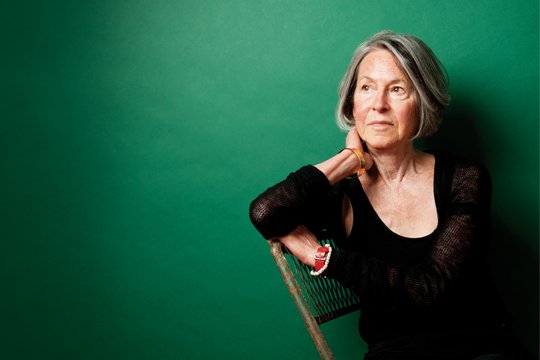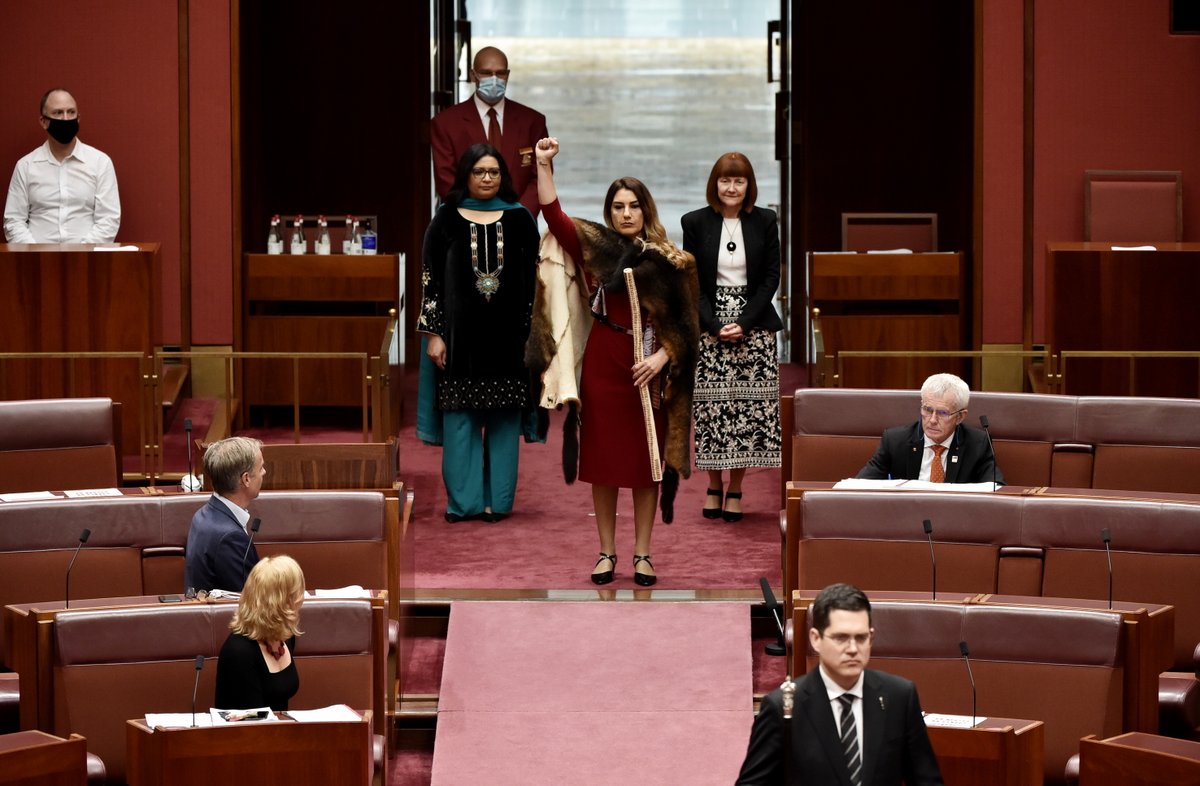A new hashtag started trending on Twitter this week: #crediblewomen. As Emma Dawson, director of Per Capital think tank tells it, the hashtag was in response to a phone call that journalist Georgie Dent received from the Prime Minister’s Office after she wrote an article pointing out that the biggest-spending budget in Australia’s history had allocated roughly “0.038% to 51% of the population”.
The apparatchik from the PMO reportedly told Dent that “no one credible” was making that claim and that – wait for this – “nothing in the budget is gendered”.
And thus a hashtag was born.
As Dawson wrote in The Guardian: “Proudly declaring that no gender analysis was done on the budget reveals a disturbing ignorance of the inherent bias in our economic system, and a fundamental confusion between the concepts of equality and equity.”
She went on: “A budget that treats everyone equally, ignoring the fact that women start from a place of significant disadvantage on almost every meaningful economic measure, simply entrenches gender inequality and, in light of the disproportionate impact of the current recession on women, actually risks sending us backwards.”
Powerful words. From an exceedingly #crediblewoman.
As another credible woman Trish Bergin, the co-director of the 50/50 Foundation wrote in the Canberra Times this week: budgets need to be fair, equitable and equal.
Cartoonist Cathy Wilcox (@cathywilcox1) captured the zeitgeist of the budget with her usual razor-sharp wit (it involves a government-produced fluro-pink worker’s vest to counter claims of a male-centric budget).
The ALP also managed to snatch the zeitgeist, announcing in its budget reply that, if elected, it would introduce universal childcare. The plan certainly addresses mounting evidence about how the current childcare subsidy keeps women working part-time, often in casualised jobs, which puts their long-term economic security at risk – the second-income-earner syndrome. But with subsidies for households cutting out at $530,000pa the ALP risks accusations of middle-class welfare.
The budget, while criticised for its gender-deafness, was otherwise broadly well received. Except among poorer, older – and female – Australians. Fiona Ninnes, 61, told the Sydney Morning Herald, she is struggling to find sufficient work (and is dependent on her husband): “Being old and being female, people don’t want to know you. Once you walk in the door and they see your grey hair, that’s it. You get told, ‘Do volunteer stuff.’ ”
Ageism and sexism meets gender blindness and a pink recession; the world does not look in the least bit rosy for some of us.
On the bright side, women have finally broken through in the Nobel Prize.

Photo: Louise Gluck
Emmanuelle Charpentier, a French microbiologist, and Jennifer A Doudna, an American biochemist, are the first women to jointly win the Nobel Prize in Chemistry, and the sixth and seventh women to win the chemistry prize. Andrea Ghez was among three scientists to be awarded the Nobel Prize in Physics and American poet Louise Gluck was awarded the Nobel Prize in Literature for “for her unmistakable poetic voice that with austere beauty makes individual existence universal”.
And while we are here, celebrating the sound of glass ceilings being cracked, for the first time in it’s 25-year history the World Trade Organisation is set to be run by a woman after it was announced to final two candidates still in contention were South Korea’s Yoo Myung-hee and Nigeria’s Ngozi Okonjo-Iweala (who is also Julia Gillard’s co-author on the recent book Women and Leadership).

Photo: Lidia Thorpe
This week, Marie Claire celebrated trailblazing women politicians from around the world, including Lidia Thorpe who made history when she was sworn in as Victoria’s first indigenous Senator. Thorpe entered the chamber wearing a possum cloak, with one fist raised and holding a message stick with 441 painted marks – one for each Aboriginal death in custody since the 1991 Royal Commission.
In the meantime, a compelling piece of writing in The Atlantic dissects the “problem” of Kamala Harris’s ambition.
“American culture is fluent by now in the easy language of female empowerment. One of the 50,485,942 or so pieces of evidence that the rhetoric has outpaced the reality is the idea that women who achieve things aren’t supposed to say so … It has to do with the fact that, regardless of our own gender, we still tend to view women as self-sacrificial and self-effacing, first and foremost—mothers, basically, whether they have children or not.”
It also quoted a 2019 headline in the HuffPost which read: “Half the Men in the U.S. Are Uncomfortable With Female Political Leaders” noting that statistic “helps explain why … the best measure of a woman who seeks the vice presidency is her lack of desire to be president.”
Back in Australia, there is a push to have electorates named after women (instead of dead white men). The Australian Electorate Commission is currently taking submissions to name a new electorate in Victoria. It offers, according to 50/50 Foundation co-director Kim Rubenstein, an opportunity to circumvent what has been “effectively a system of affirmative action in favour of men”.
But let’s not forget old white men are exceptionally good at some things. Mansplaining, for example. And here we meet serial misogynist Peter Gleeson – who has opinions on lots of things and occasionally gets hauled over the coals for it.
Hours after news of the death of singer Helen Reddy last week, Julia Gillard tweeted: “We have lost a global feminist icon in Helen Reddy. For decades her song ‘I am Woman’ has given full-throated voice to our fight for gender equality. Every word still relevant, no message dated, including we have ‘a long, long way to go’. Her legacy will endure. Hear us roar.”
WRONG!
According to Mr Gleeson: “This is not a war between the sexes. The men I know want women to succeed. They admire their courage. Going into ‘battle’ with them is the last thing on their mind.
“Why would any woman ever want to be promoted to a job because somebody decided on a quota system to elevate them to a role that a man deserved more?”
Which brings us back to gender-blindness and budgets and systemic discrimination and chronic entrenched disadvantage. There isn’t a problem if you choose not to see it.
But I will leave you with something that, I hope, you will want to see and which will bring little eddies of joy: the best animal video feeds from around the world thanks to the New York Times. (And in case it’s paywalled, here’s gorilla cam, aquarium cam, and panda cam.
And with that, I bid you an excellent weekend full of the things you love.
Julie




